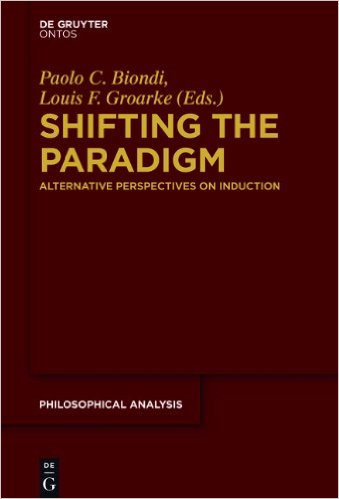Induction, which involves a leap from the particular to the universal, has always been a puzzling phenomenon for those attempting to investigate the origins of knowledge. Although traditionally accepted as the engine of first principles, the authority of inductive reasoning has been undermined in the modern age by empiricist criticisms that derive notably from Hume, who insisted that induction is an invalid line of reasoning that ends in unreliable future predictions.
The present volume challenges this Humean orthodoxy. It begins with a thorough consideration of Hume’s original position and continues with a series of state-of-the-art essays that critique the received view while offering positive alternatives. The experts assembled here draw on a perennial historical tradition that stretches as far back as Socrates and extends through such luminaries as Aristotle, Aquinas, Whewell, Goethe, Lonergan, and Rescher. They inquire into the creative moment of intellectual insight that makes induction possible, consider relevant episodes from the history of science, advance scholarly exegeses of historical interpretations of inductive reasoning, and reflect critically on the scientific and logical ramifications of epistemological and metaphysical realism.
Year: 2014
ISBN: 9783110340273

